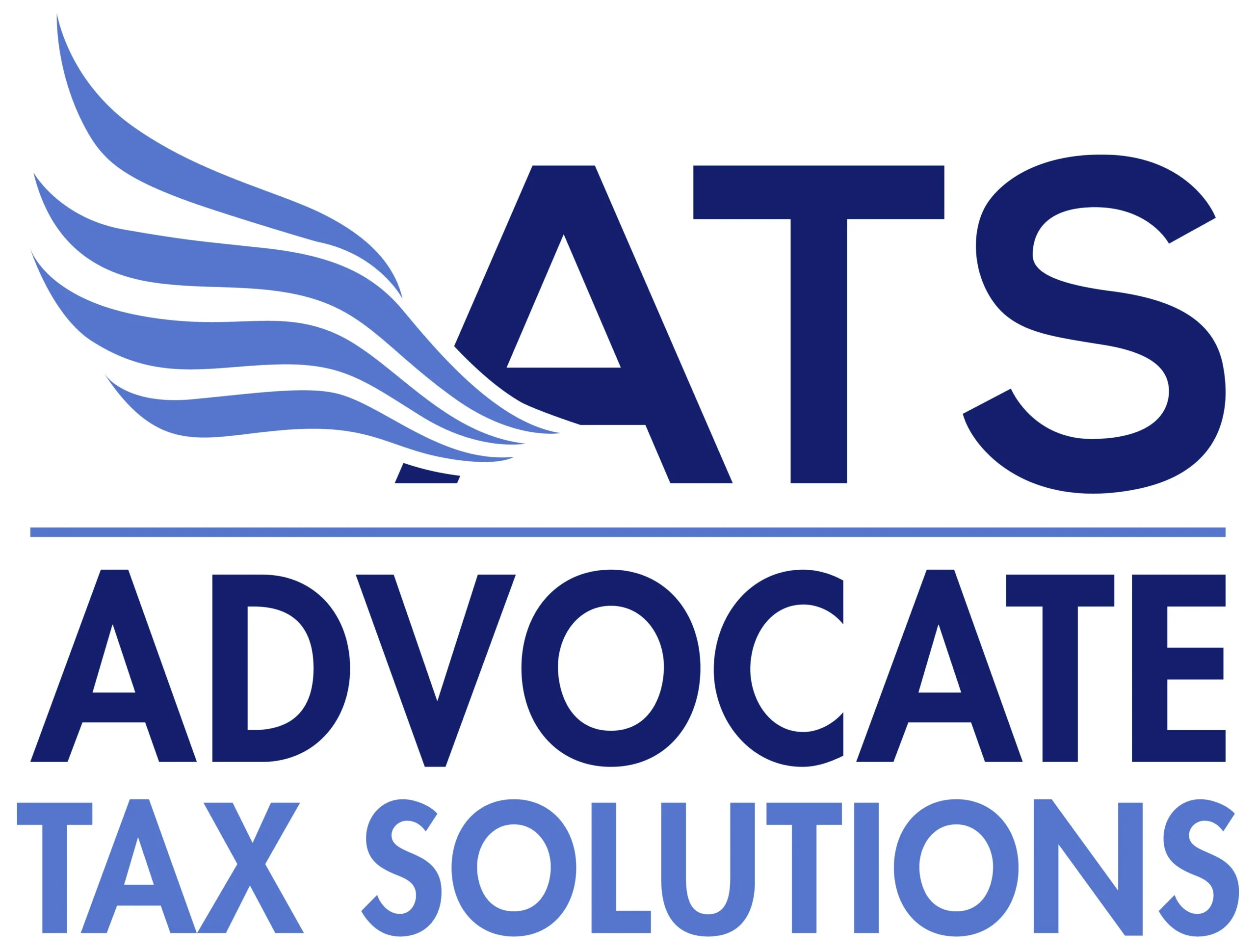What is Innocent Spouse Relief?
IRS Innocent Spouse Relief
If you face a tax bill caused by your spouse or former spouse, IRS Innocent Spouse Relief can protect you financially.
This program provides protection from paying taxes, penalties, and interest for liabilities that are not your responsibility.
Who Qualifies for Innocent Spouse Tax Relief
You may qualify for innocent spouse tax relief if you did not know about the tax understatement on a joint return.
Relief can also apply if you reasonably relied on your spouse’s inaccurate information when filing your taxes.
The IRS evaluates eligibility by reviewing marital status, financial situation, and your knowledge of tax errors or omissions.
How to Apply for IRS Innocent Spouse Relief
To apply for IRS Innocent Spouse Relief, submit Form 8857, providing all details about your joint tax situation.
The IRS may grant full relief, partial relief, or deny relief depending on your documentation and circumstances.
Working with licensed tax professionals helps you navigate IRS tax relief options and ensures accurate submission.
Types of Innocent Spouse Relief
Traditional Relief applies when your spouse or former spouse improperly reported items on a joint tax return.
Separation of Liability Relief is designed for divorced, widowed, or legally separated taxpayers with joint tax obligations.
Equitable Relief may apply if it would be unfair to hold you responsible, even without meeting all other conditions.
Timing and Documentation for Relief from Joint Tax Debt
You must apply within two years after the IRS first contacts you regarding unpaid joint tax liabilities.
Include documentation like financial records, correspondence, and prior tax returns to strengthen your request for relief.
Related IRS Tax Relief Options for Joint Tax Debt
Offer in Compromise – Settle your tax debt for less than the full amount owed.
Currently Not Collectible Status – Temporarily pause IRS collection if you cannot pay.
Installment Agreements – Make monthly payments to resolve IRS tax liabilities.
Penalty Abatement – Reduce or remove penalties under IRS tax relief options.
These programs often complement innocent spouse tax relief to reduce or eliminate joint tax debt efficiently.
Frequently Asked Questions About IRS Innocent Spouse Relief
Q: What is the difference between traditional and equitable relief?
A: Traditional relief requires proving unawareness of tax errors, while equitable relief focuses on fairness under IRS rules.
Q: How long does the IRS take to approve innocent spouse tax relief?
A: Approval can take several months depending on complexity, submitted documentation, and IRS workload.
Q: Can I qualify if I am divorced or separated?
A: Yes. Separation of liability relief specifically helps divorced, widowed, or legally separated taxpayers.
Q: Do I need a tax professional to apply for IRS Innocent Spouse Relief?
A: Professionals improve accuracy, speed, and increase the chance of IRS approval.
Q: Can relief apply to penalties and interest?
A: Yes. Approved relief removes both tax liability and associated penalties or interest.

When Can We File Married Filing Joint Returns:
When spouses file a tax return together, the filing status is called Married Filing Jointly. You can file separately, but there are usually more benefits to filing Married Filing Jointly. To qualify, you must have been married before January 1st of that calendar year. If you married on or after January 1st, you can file Married Filing Jointly the following year.
Understated Tax:
There must be an understated tax on the joint return, meaning that the IRS determines that the total tax owed should be more than the amount reported on the return.
Erroneous Items by the Spouse:
Erroneous items claimed by the spouse are any unreported gross income received by the spouse or any incorrect deductions, credits, or property basis claimed by that spouse. This is grounds to file an Innocent Spouse Relief claim.
Lack of Knowledge or Reason to Know:
The innocent spouse must demonstrate that when they signed the joint tax return, they had no knowledge of the errors or fraudulent activities and had no reason to know about them.
Unfair to Hold Liable:
The facts and circumstances will prove it unfair to hold the innocent spouse liable for the understated tax amount.
Innocent spouse relief claims do not provide relief for all the taxes owed. The innocent spouse is still jointly liable for any amount not included in the innocent spouse’s claim.
Individuals seeking Innocent spouse relief must provide clear, convincing evidence to support their claim. This provision alleviates an individual’s tax liability when their joint tax return contains errors and demonstrates that they were unaware of the issues or had no reason to know about them.

